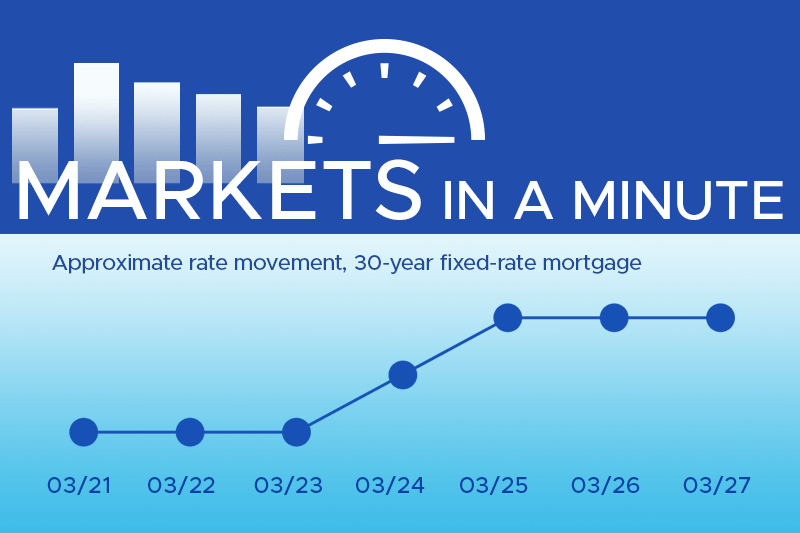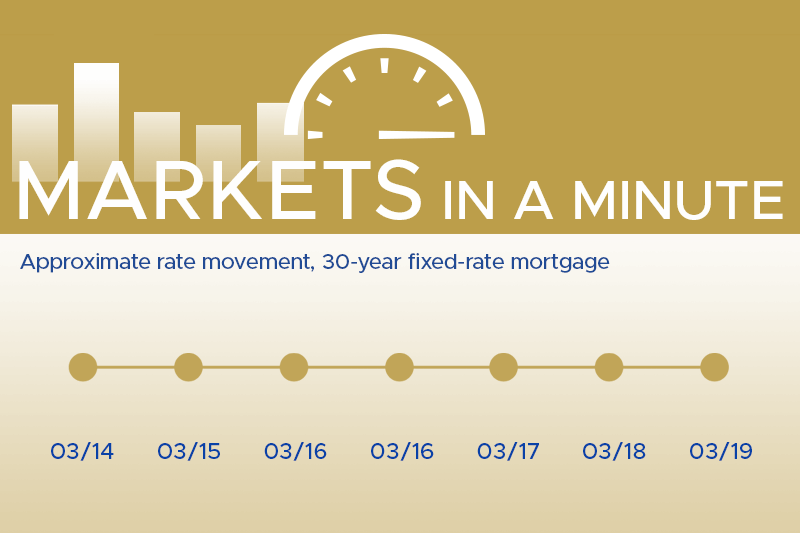At Thompson Kane, we stay ahead of shifting market trends so you don’t have to.…
Understanding Closing Costs: What to Expect and How to Save
Buying a home is a significant financial commitment. Understanding the various costs involved is crucial to ensuring a smooth transaction. Among these costs, closing costs are often overlooked but can substantially impact your budget. This article breaks down the various closing costs associated with buying a home with practical tips for managing these expenses.
1. Appraisal Fee
What It Is: An appraisal fee covers the cost of having a professional appraiser assess the value of the property you’re purchasing. This fee is generally required by lenders to ensure the loan amount matches the property’s market value.
How to Manage: The appraisal fee is typically standard and non-negotiable. It’s an essential step in the home-buying process to ensure you’re making a sound investment.
2. Lender Cost
What It Is: Lender costs typically include fees for processing and underwriting your mortgage application, which are standard and essential for loan approval. There may also be an origination fee, depending on the specifics of the loan.
How to Manage: To better prepare for this cost, discuss the fee structure with your loan officer early in the application process. Understand what the fee covers and how it aligns with your overall mortgage plan to help you budget accordingly.
3. Title Insurance
What It Is: Lender’s title insurance protects the lender against losses resulting from third-party disputes over property ownership. Similarly, owner’s title insurance will protect the home buyer. Such a dispute could arise any time, even after you’ve owned your home for years. This fee can vary based on the property’s location and purchase price.
How to Manage: Using preferred or bundled services or other efficiencies could reduce the cost of your title insurance. Lender’s title insurance is required. A homebuyer may be able to decline owner’s title insurance, but this presents some significant financial risks.
4. Escrow Fees
What It Is: Escrow fees cover the cost of an independent third party managing the funds and documents related to the home purchase.
How to Manage: These fees are often shared between the buyer and seller. Your real estate agent can guide you in negotiating the specifics of these costs to ensure they fit within your budget.
5. Home Inspection Fee
What It Is: A home inspection fee covers the cost of hiring a professional to inspect the property for any issues or potential repairs. This step is crucial to ensure you’re making a sound investment.
How to Manage: While this fee is typically non-negotiable, it’s important to select a reputable inspector whose thoroughness can prevent costly repairs down the line.
6. Property Taxes
What It Is: Depending on the closing date, you might have to pay a prorated amount of property taxes at closing.
How to Manage: Property taxes are based on local government assessments and are non-negotiable. However, planning your closing date strategically and understanding local tax schedules can help you anticipate these costs.
7. Private Mortgage Insurance (PMI)
What It Is: If your down payment is less than 20%, lenders often require PMI to protect themselves in case you default on the loan. This is an ongoing expense but often includes a portion paid at closing.
How to Manage: If PMI is required, consider ways to potentially reduce its impact over time, such as improving your credit score or building equity in the property. However, when you reach 20% or more of equity, you may request to cancel PMI.
8. Prepaid Interest
What It Is: Prepaid interest covers the interest that accrues on your mortgage from the date of closing until your first payment is due.
How to Manage: Planning your closing date towards the end of the month can help minimize the amount of prepaid interest due at closing, aligning better with your budget.
9. Recording Fees
What It Is: Local government entities charge recording fees to officially record the sale of the property and your mortgage documents.
How to Manage: Since local governments set this fee, it is non-negotiable. However, it is helpful to be aware of recording fees to avoid surprises at the closing.
10. Credit Report Fee
What It Is: Lenders will pull your credit report to assess your creditworthiness, and this fee covers the cost.
How to Manage: Discuss any potential fee waivers with your lender if you have a strong financial profile or existing relationship with them.
11. Attorney Fees
What It Is: In some states, an attorney must be present at closing, and their fee covers the legal work involved in the transaction.
How to Manage: Attorney fees can vary. Opting for a flat rate instead of an hourly fee can sometimes offer more predictability in your closing costs.
Conclusion
Every homebuyer should understand the various closing costs involved in buying a home. Effectively managing these expenses can help lower stress and minimize costs. Your Thompson Kane lending experts are here to help you understand your options. Our goal is to ensure you’re making the best financial decisions for your situation. Being well-prepared and informed will help you navigate the home-buying process with confidence.





